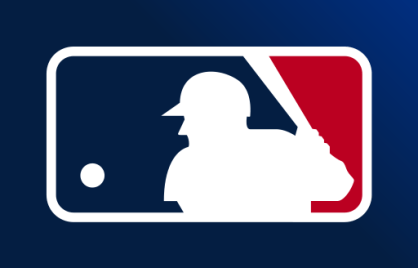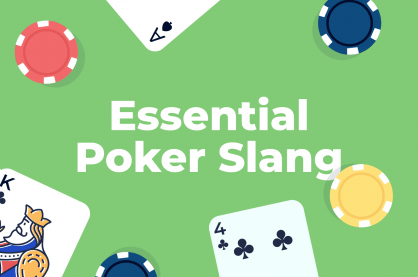How Cognitive Biases Affect Gamblers
Rookie and veteran gamblers alike have had thoughts like these run through their minds at times:
“Since black has hit the last nine times, red is overdue to hit on the next spin.”
“My ticket was one digit away from winning on the last draw, so I must be close to winning the jackpot.”
“Because the underdog is performing well against the spread this season, I bet they’ll beat it again this game.”
These are all examples of cognitive bias, or thought patterns that convince us (incorrectly) that we know what is going to happen next.

But as anyone that has gambled more than a couple times can also tell you, our brains can convince us of some irrational things.
The Gambler’s Fallacy
Expecting something to happen less in the future because it has happened frequently in the recent past (or visa versa) is called the gambler’s fallacy, or ‘betting the hot hand’.
Roulette, like the first example above, is a game where this type of bias runs rampant. One reason for this is because the game is designed that way.
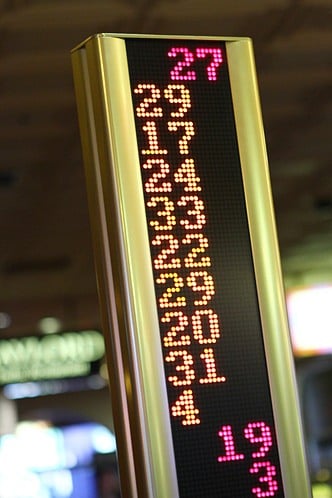
Online or at a land casino, most roulette games have a board displaying the results of the last 10-20 spins. It’s natural to try and look at this for clues as to where the ball might land next (e.g. 75% of the last 20 spins have landed on an even number) but this is trap thinking.
Since each spin on the wheel is an independent and random event, these numbers are essentially worthless and just a device to give the players the illusion of control.
In one famous instance of this fallacy, black came up 26 straight times during a Monte Carlo roulette game in the early 1900s.
Due to the perceived implausibility of this streak continuing on, bettors began betting heavily on red, thinking it was ‘overdue’ to hit. By the time it finally did on the 27th spin, the casino had already made millions.
Other Types of Cognitive Biases in Gambling
Cognitive errors like this one are pervasive in most forms of gambling and can present themselves a number of other different ways.
Recency Bias: Especially prominent in sports betting, gamblers tend to overvalue recent results when evaluating the chances of a certain outcome occurring (such as a team covering the points spread). The truth is that similar to a roulette spin, the results of sports games are mostly independent from one another.
While previous games may give us an idea of a team’s talent and potential for winning compared to another’s, they have no true bearing on the likelihood of a specific future result.
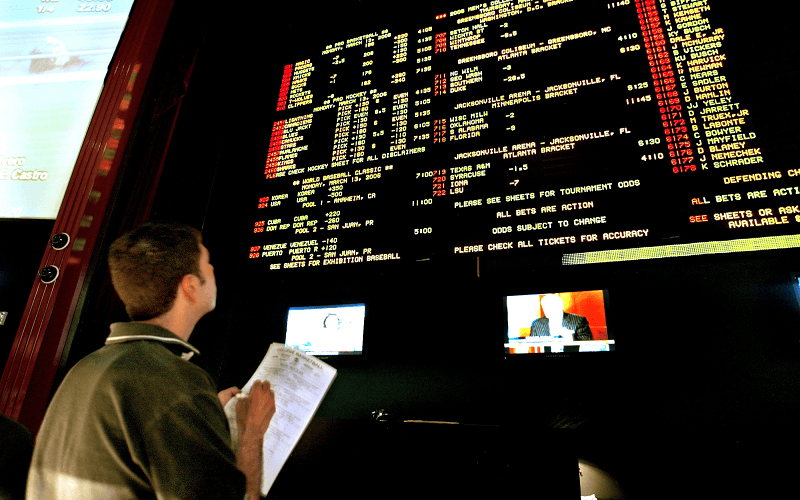
Outcome Bias: Whether in gambling, sports, or even board games, most of us have taken a big risk that ended up paying off, making us feel like the smartest person in the room. But when these risks fall flat, we beat ourselves up because we feel we should have known better.
This is outcome bias in effect, where even if our decision-making process is statistically sound (like with blackjack basic strategy), we overvalue the result of something as opposed to the reasoning that went into the decision.
Confirmation Bias: Another bias that’s extra prevalent in sports betting.
When looking at information about a betting opportunity, it’s common for undisciplined gamblers to seek out information that supports only what their initial gut decision is. This leads to ignoring evidence to the contrary that might be a red flag to a given decision.
So-called expert pick services are notorious for this, often referencing random and irrelevant trends that support only whatever their selection is.
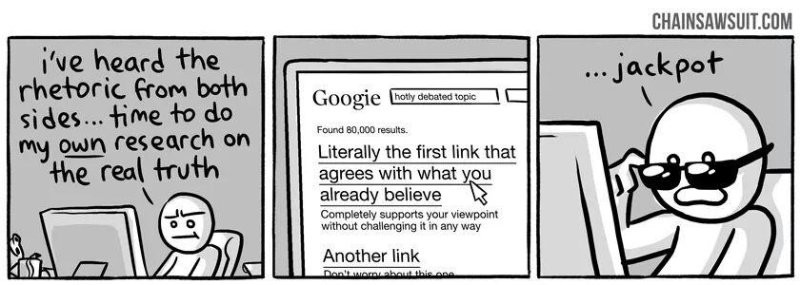
These biases are all present in investing, too.
Like gamblers, investors are very loss averse in that they’ll take more action in an effort to avoid losses than to make comparable gains.
Investors sell when they are in a winning position more frequently than when they are in a losing one, just like how it’s difficult for gamblers to walk away when they are down but not completely out. Most would rather play until they lost it all than walk away with 50% their initial bankroll.
How to Overcome Biases
No matter how self-aware or disciplined we are, cognitive bias can’t ever be overcome completely. It can, however, be controlled.
Recent studies have shown that biased decision making can be reduced over the course of a single session with a specialized debiasing movie or computer game.
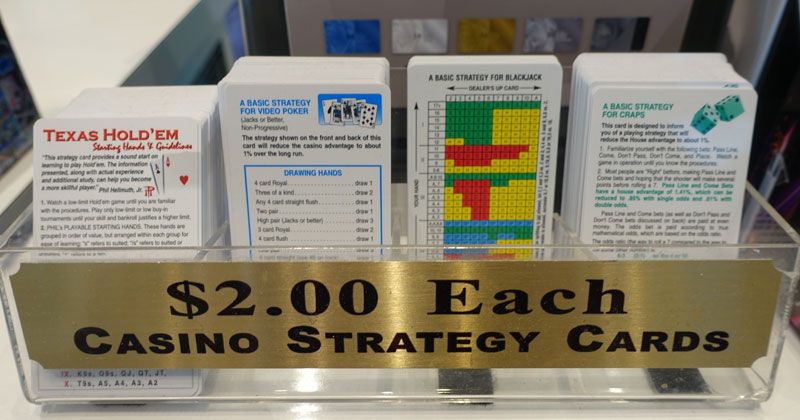
But for those that don’t have the privilege to be part of academic research, there are many ways to try and reduce the amount of bias involved in our decisions.
With casino games, taking the time to understand the true odds of a game and its different scenarios can help you become a much more rational player.
For most games, very intelligent individuals have done the dirty work of calculating these odds and planning out a strategy that will always put players in the best position to win for every possible situation. Blackjack basic strategy is a perfect example of this: following it reduces the casino’s house edge to around 1%, one of the lowest found in any casino game.
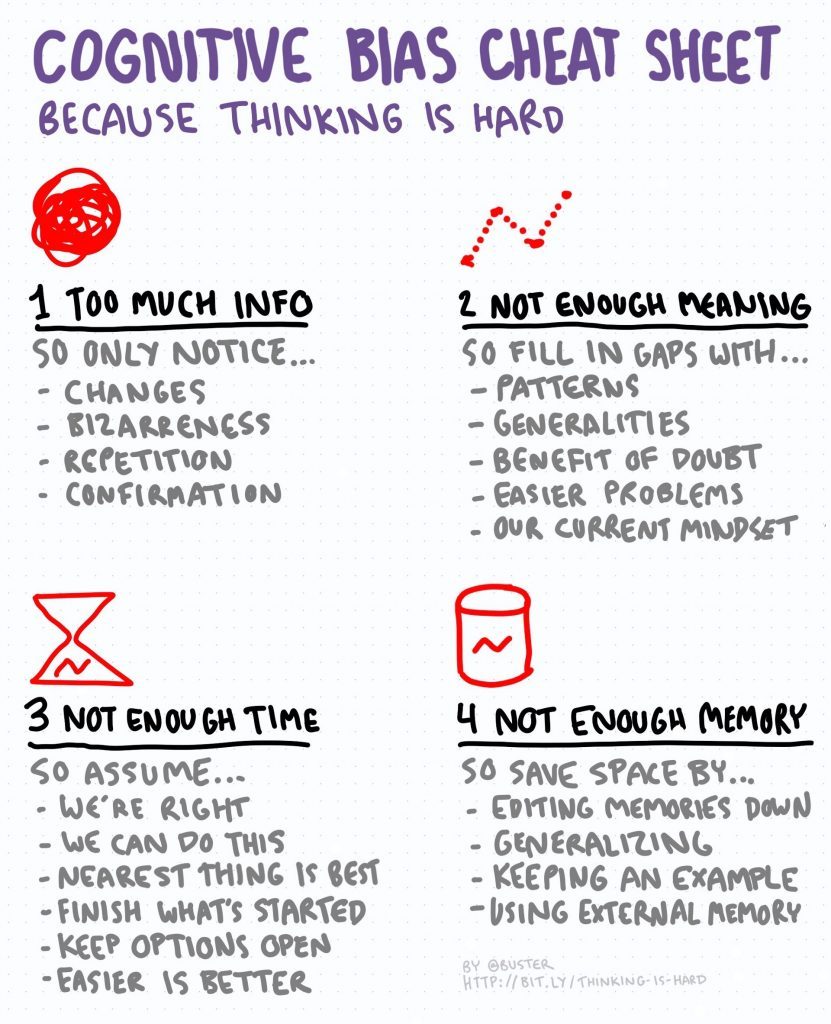
In sports betting and investing, overcoming bias means ignoring small sample sizes and giving equal value to information that supports and doesn’t support your initial hunch.
One way to do this would be to compile a ‘blind resume’ that presents only the cold, hard facts of your options and does not let in distracting details like the team/company name or overly-recent results.
This info could also be weighed and put into an algorithm that can automate the decision-making process, avoiding the need for the thinking brain to get involved.
Basically, once gamblers know their mind is not to be trusted, they can begin to harness it for good when making decisions.
As Sun Tzu said in The Art of War, “If you know thy brain, you need not fear the result of a hundred dealt hands of cards.” Or something like that.

